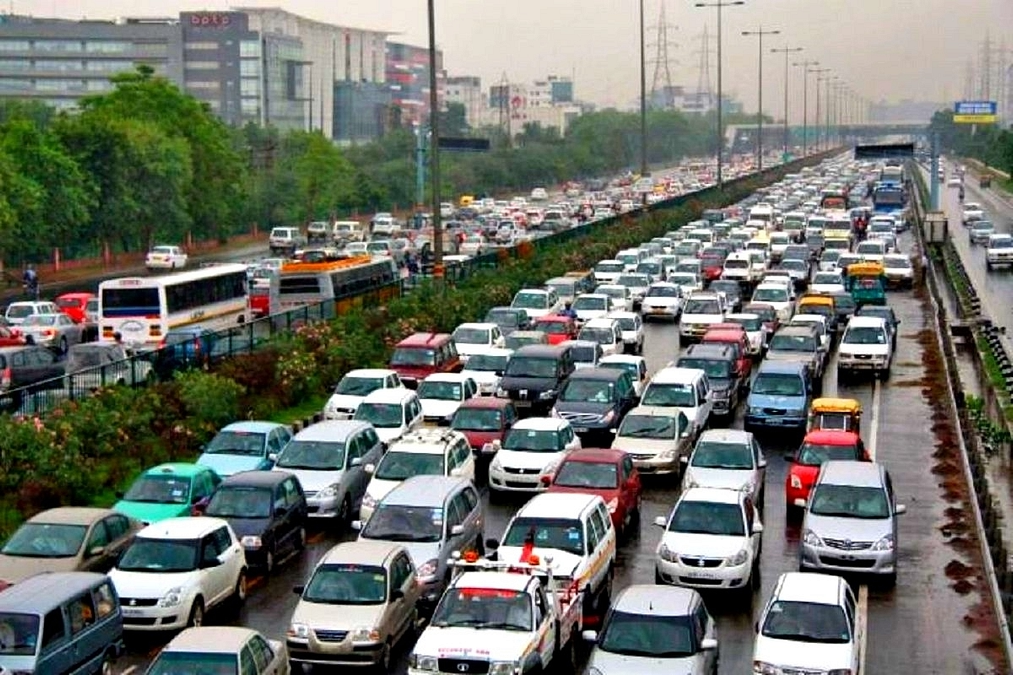Bengaluru Needs Congestion Fees to Tackle Gridlock
Bengaluru, one of India’s most rapidly growing cities, is facing an escalating traffic congestion crisis. As the number of private vehicles continues to soar, many urban mobility experts argue that a congestion fee model – similar to the one implemented in New York City – could serve as a viable solution. Experts suggest that the introduction of congestion charges, especially in the city’s Central Business District (CBD), could help reduce the gridlock, lower pollution levels, and encourage the use of public transportation.
A significant proportion of the congestion in Bengaluru is attributed to private vehicles, particularly four-wheelers. Studies have shown that the average occupancy of these vehicles is less than two persons, which means that the roads are heavily burdened by low-capacity vehicles. Dattatreya Devare, a trustee of the Bangalore Environment Trust, emphasised the need for congestion fees not just for entering the CBD, but also for those travelling alone or with only one passenger. This model, he believes, could discourage single-occupancy car journeys, thereby alleviating some of the pressure on Bengaluru’s already crowded roads.
However, experts caution that imposing congestion fees alone will not be enough to address the root cause of Bengaluru’s traffic woes. Sandeep Anirudhan, from Citizens’ Agenda for Bengaluru, stressed that the city urgently needs to prioritise the development of an efficient and accessible mass transit system. “To become a world-class city, we need to take lessons from others. In the 1980s, Singapore made a strategic decision to redirect resources away from road infrastructure in favour of mass transit development,” he said. This strategic focus, Anirudhan believes, is exactly what Bengaluru needs to ease congestion in the long term.
Bengaluru, with a landmass comparable to Tokyo, has a population density that is growing rapidly, but unlike Tokyo, which has approximately 3 million private vehicles, Bengaluru’s number has already crossed the 10 million mark. With such a large number of vehicles on the road, the government must act to develop a dense mass transit network that can ease the pressure on the city’s transport infrastructure. “The city’s priorities are currently misplaced, which is contributing to the chaos we are witnessing. It’s critical for the government to implement a clear plan for a mass transit system and introduce congestion fees as part of that plan,” said Anirudhan.
In addition to congestion charges, several experts advocate for high parking fees within the CBD to further discourage private vehicle usage. Such measures, they argue, will not only reduce traffic congestion but also promote sustainability in urban mobility. The city’s dependency on private vehicles has led to environmental concerns, and reducing this dependence could significantly reduce Bengaluru’s carbon footprint. Introducing measures like high parking fees would send a strong message that the city is prioritising public transport and sustainability over private vehicle ownership.


